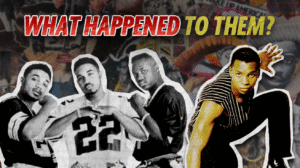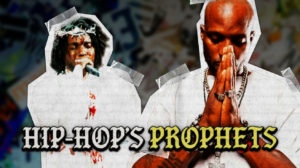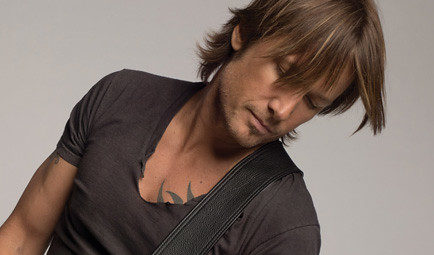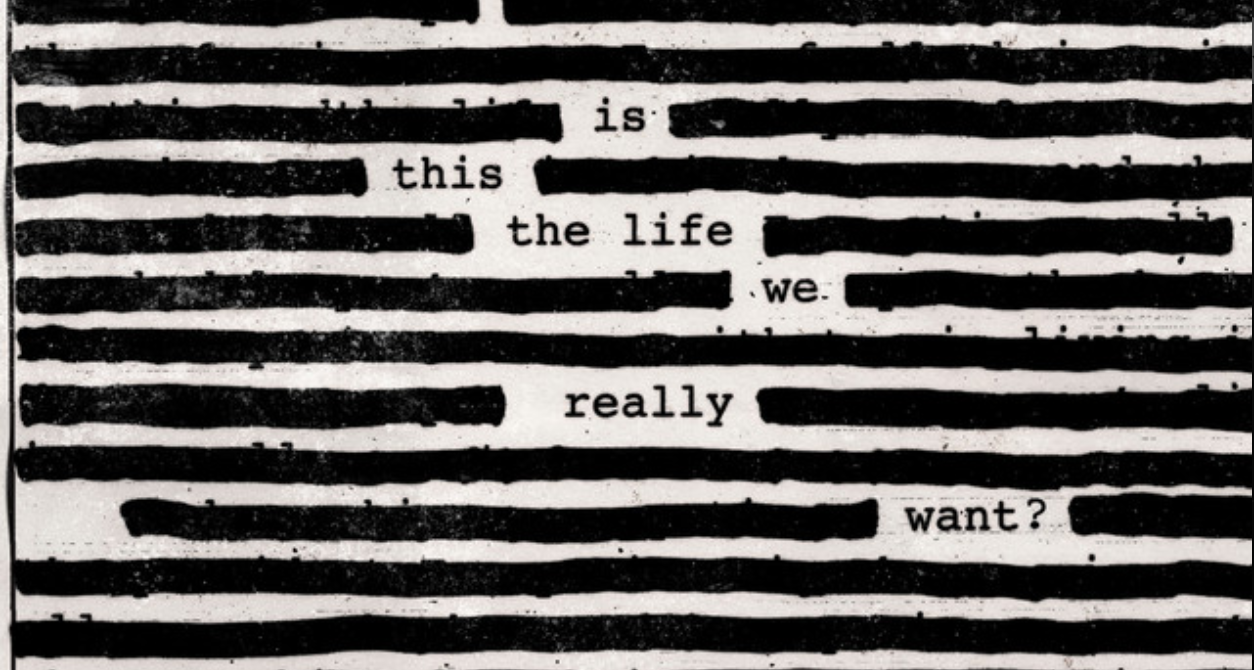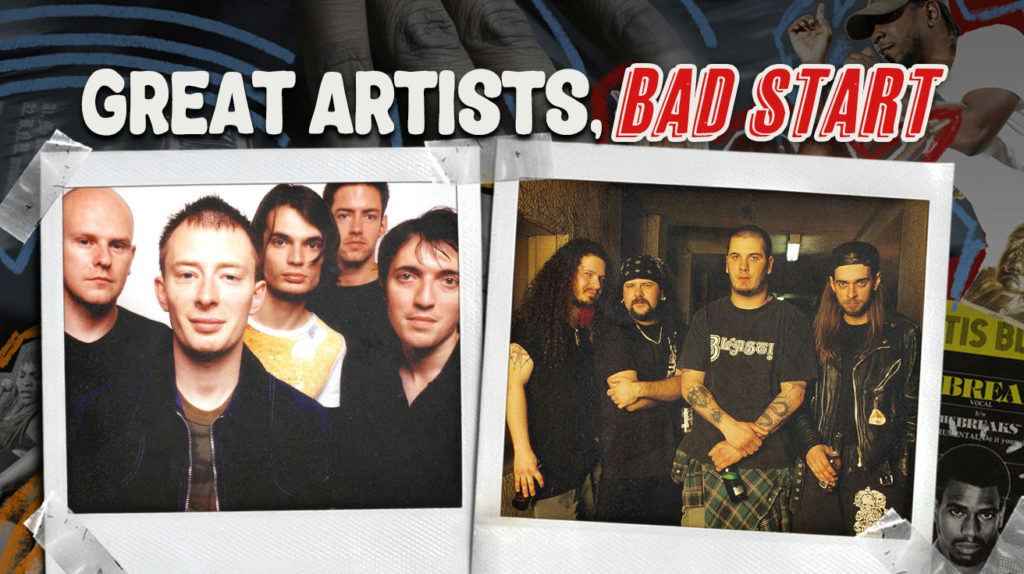
These inaugural fiascos remind us that artistic evolution rarely unfolds overnight. Many legends needed that first awkward album to identify what flopped before discovering what soared. Success often follows failure when artists summon the courage to reinvent.
Next time you botch a first attempt at something new, remember you’re in legendary company. The gulf between embarrassing beginnings and eventual greatness often spans nothing more than persistence and the willingness to shed your creative skin. Which musical metamorphosis impresses you most?# 10 Career-Saving Comebacks After Debut Album Disasters
The mythology of overnight success in music is about as authentic as a $20 Rolex. Over 70% of chart-toppers stumbled hard before finding their groove. These debut stumbles aren’t just footnotes.
They’re awkward first chapters in stories of transformation more compelling than any Behind the Music episode. Like watching baby footage of Olympic athletes, there’s something fascinatingly human about these imperfect beginnings.
10. Radiohead – Pablo Honey (1993)
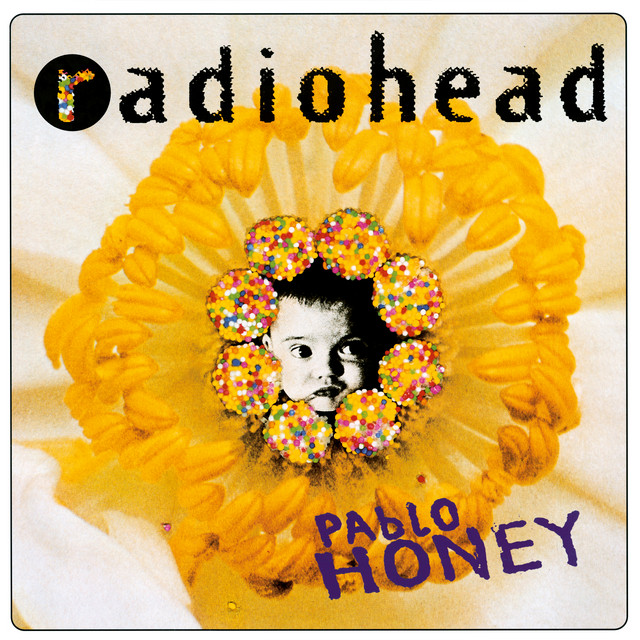
Pablo Honey lurks in Radiohead’s discography like that regrettable high school photo your parents stubbornly display on the mantle. A collection of derivative grunge cosplay that somehow spawned “Creep,” a song so powerful it nearly suffocated the band.
Listen closely though. Thom Yorke’s alien falsetto already haunts the margins. Johnny Greenwood’s guitar tantrums foreshadow future brilliance. It’s giving early iPhone vibes – revolutionary potential wrapped in a clunky first draft.
9. Avenged Sevenfold – Sounding the Seventh Trumpet (2001)
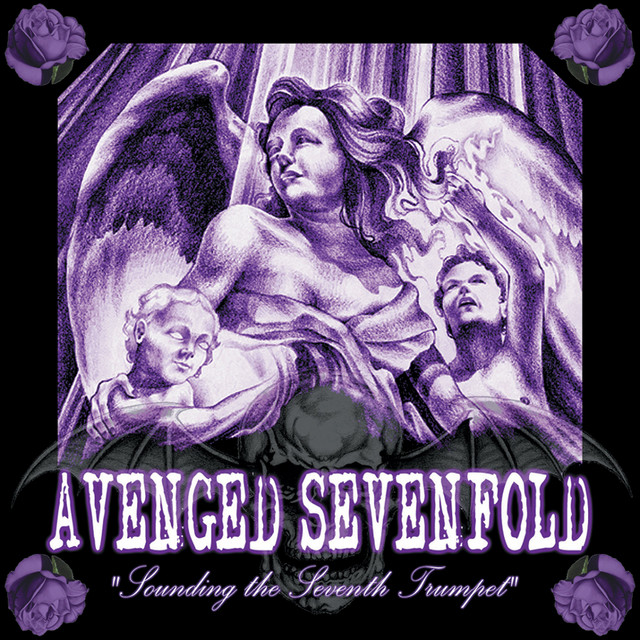
Cobbled together with a budget that wouldn’t cover a decent guitar pedal ($2,000, seriously), A7X’s inaugural effort captures a hungry band brimming with enthusiasm but lacking polish. The Rev’s drums reverberate as if recorded in a shipping container.
This metallcore boot camp document stands light-years away from their later orchestral metal. It evokes those early TikTok videos of someone who’s now famous – raw, unfiltered, slightly embarrassing, but charmingly authentic in retrospect.
8. The Cure – Three Imaginary Boys (1979)
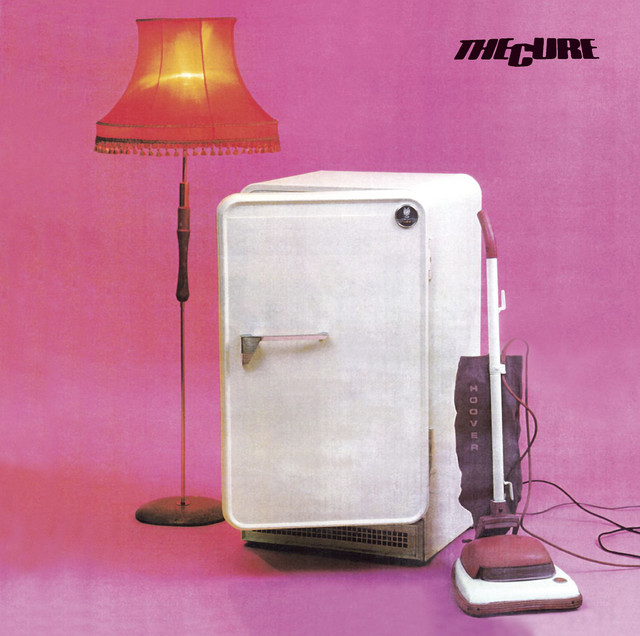
Robert Smith despises this album so viscerally he practically erupts in hives when mentioned. Described by its creator as “thin, bland, and personality-free,” it echoes the sonic equivalent of a goth icon’s baby pictures in pastel onesies.
The label slapped on artwork without consultation. The band appeared as household appliances rather than future architects of glorious misery. Even the greatest origin stories contain their awkward Spider-Man 3 dance sequence moments – this was The Cure’s notorious misstep.
7. Blur – Leisure (1991)
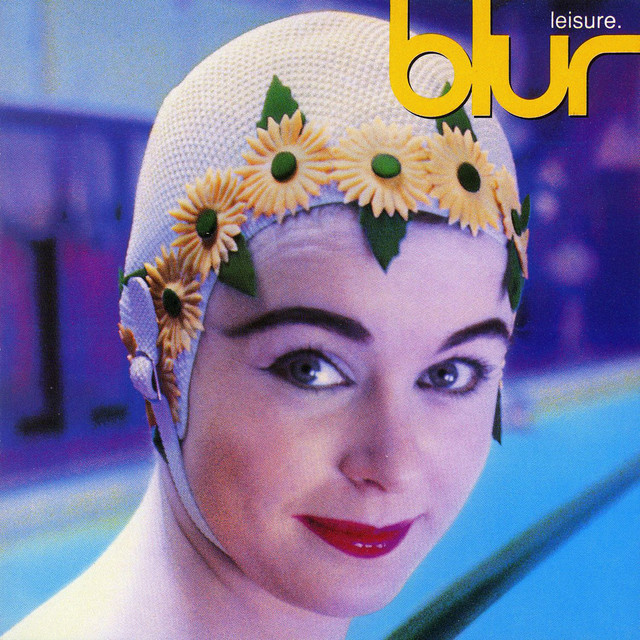
Even Damon Albarn cannot muster a defense for Leisure—an identity crisis etched into vinyl. The classic “three good singles drowning in filler” scenario unfolds when a band possesses potential but lacks a cohesive identity.
This shoegaze cosplay and goth tourism bears no resemblance to the Britpop architects they’d eventually become. The early 90s industry—flush with CD boom cash—permitted bands these awkward phases before discovering their signature sound, unlike today’s algorithm-driven landscape.
6. Genesis – From Genesis to Revelation (1969)
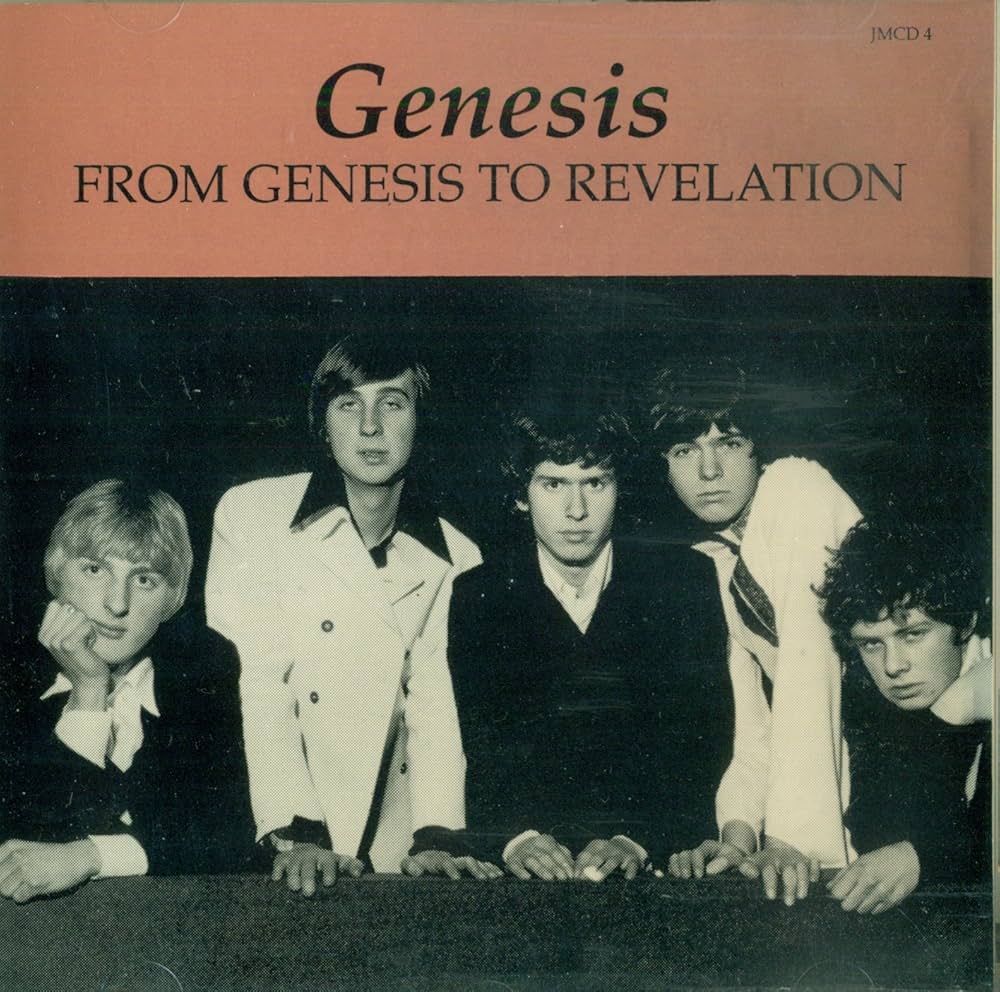
Nothing sabotages a rock career faster than having your freshman effort shelved between gospel hymns and religious self-help. Genesis discovered this when record stores categorized their biblically-themed concept album under “Christianity”—music retail’s equivalent of premature burial.
Hastily assembled in three caffeine-fueled days, this orchestral folk-pop shares zero DNA with the prog giants they’d eventually become. Like examining Mark Zuckerberg’s pre-Facebook coding projects, it fascinates mainly for what it doesn’t yet reveal about their future.
5. Lou Reed – Lou Reed (1972)
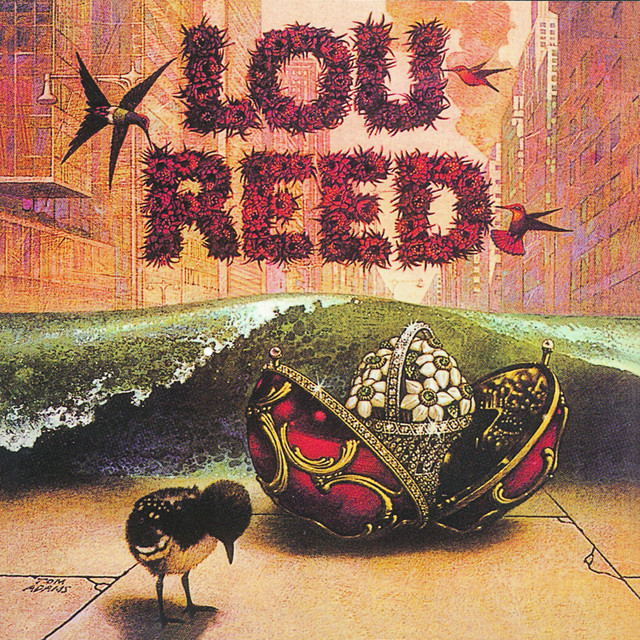
Picture hiring Yes to back Lou Reed—a collaboration as natural as ketchup on sushi. This bizarre stylistic mismatch spawned Reed’s self-titled solo entrance, an album even he refused to champion.
Repurposing Velvet Underground leftovers with prog-rock musicians yielded precisely the incoherence you’d expect. The outcome mirrors that time Marvel recruited acclaimed director Edgar Wright for Ant-Man only to watch creative differences force his exit. Thankfully, David Bowie rescued Reed from this artistic wilderness.
4. David Bowie – David Bowie (1967)
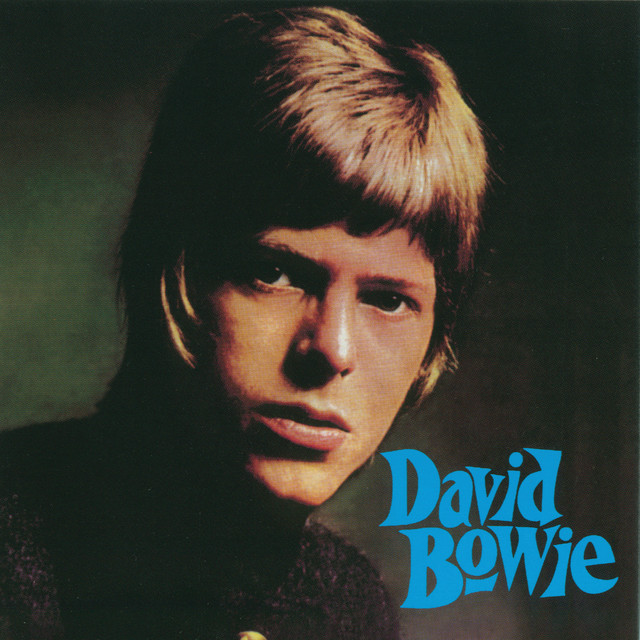
Before ascending as rock’s greatest chameleon, Bowie launched with childlike folk psychedelia so inconsequential it practically vanished upon arrival. Released alongside Sgt. Pepper (talk about catastrophic timing), it sank without leaving ripples.
Bowie himself confessed uncertainty about whether he embodied “Max Miller or Elvis Presley”—a bewildering artistic identity crisis. Yet buried beneath this twee disaster lurk character-based songwriting experiments. It’s essentially Bowie’s origin story before the musical equivalent of a radioactive spider bite.
3. Rush – Rush (1974)
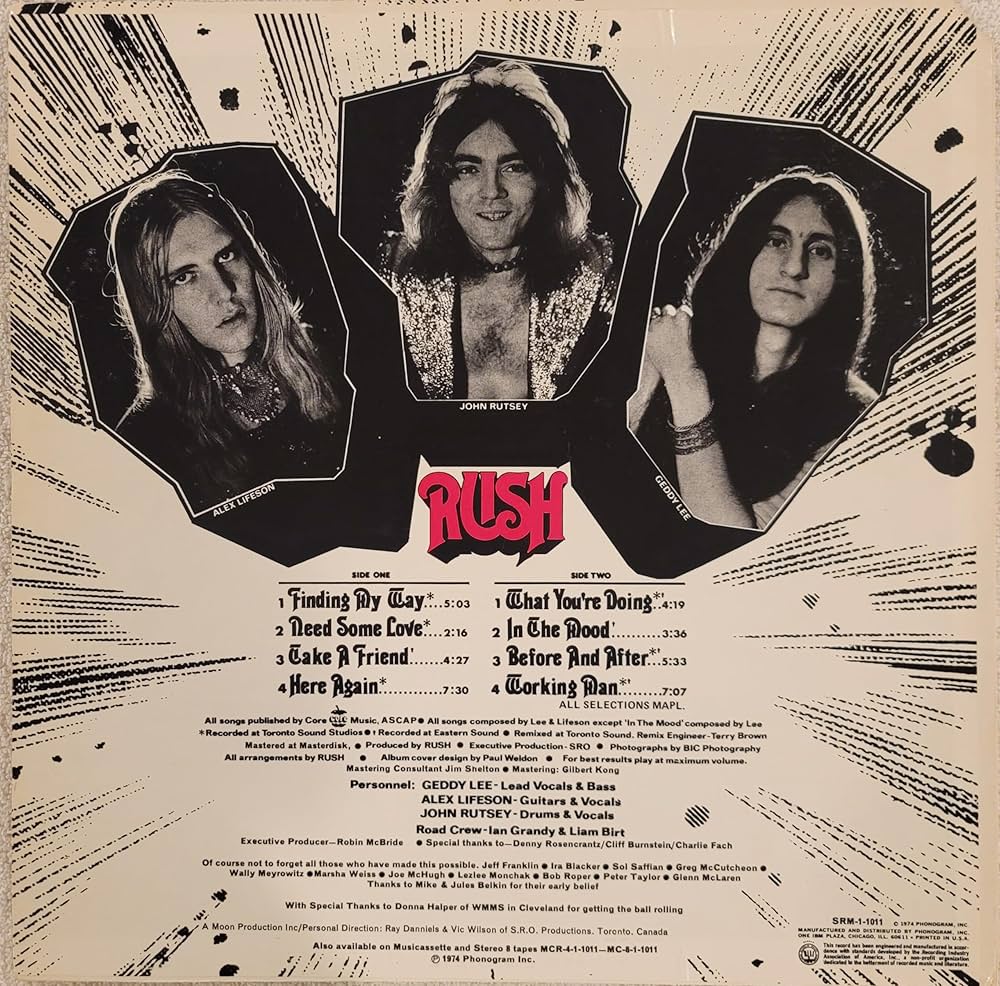
Rush without Neil Peart operates like a sports car handicapped by a lawnmower engine. Their initial offering showcases Geddy Lee and Alex Lifeson alongside drummer John Rutsey, conjuring what critics dismissed as “Led Zeppelin karaoke” rather than progressive rock.
The compositions stick to basic blues-rock formulas, devoid of mind-bending time signatures and philosophical lyrics. Think Thor: The Dark World in the MCU – technically part of the canon but rarely celebrated when discussing the legacy.
2. Judas Priest – Rocka Rolla (1974)
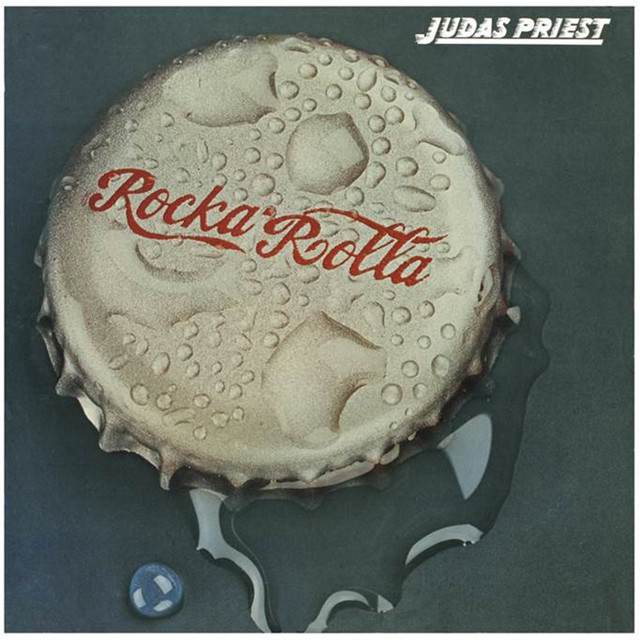
Play Rocka Rolla for hardcore Priest devotees without revealing the artist, and zero out of ten would recognize their metal deities. This blues-rock assortment emanates from an entirely different band—because functionally, it was.
Rob Halford hadn’t yet unleashed his stratospheric scream. The twin-guitar assault lacked any teeth. Murky production buried what meager potential existed. It occupies their catalog like that peculiar cousin nobody acknowledges at family gatherings.
1. Pantera – Metal Magic (1983)
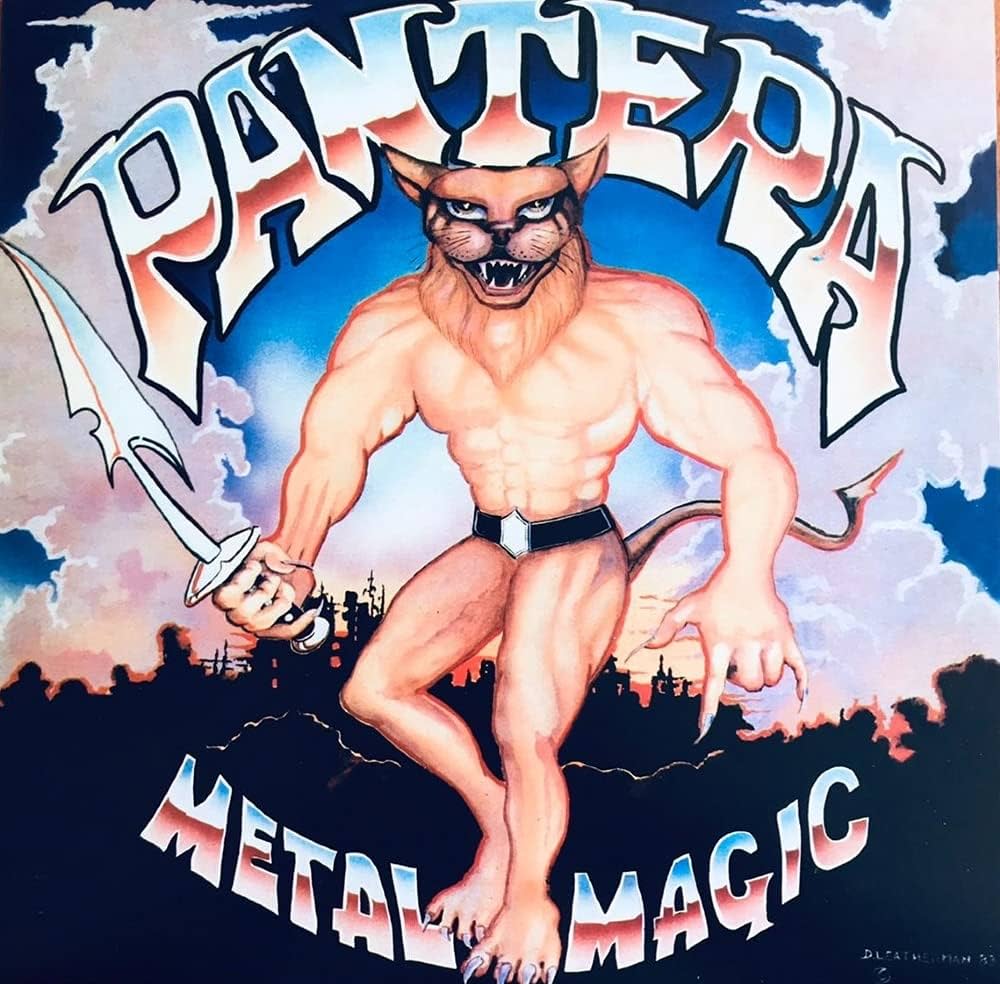
Envision Pantera not as groove metal revolutionaries but as hairspray-obsessed glam poseurs strutting in spandex and eyeliner. Metal Magic might rank as the most mortifying career launch in heavy music—more Poodles from the Mall than Cowboys from Hell.
“Diamond” Darrell (not yet Dimebag) worshipped Eddie Van Halen instead of Tony Iommi. Fewer than 1% of Pantera fans have unearthed this hair metal curiosity. If TikTok existed in the ’80s, this would’ve sparked Phil Anselmo’s “Remember when I looked like this?! #transformationtuesday” viral sensation.




